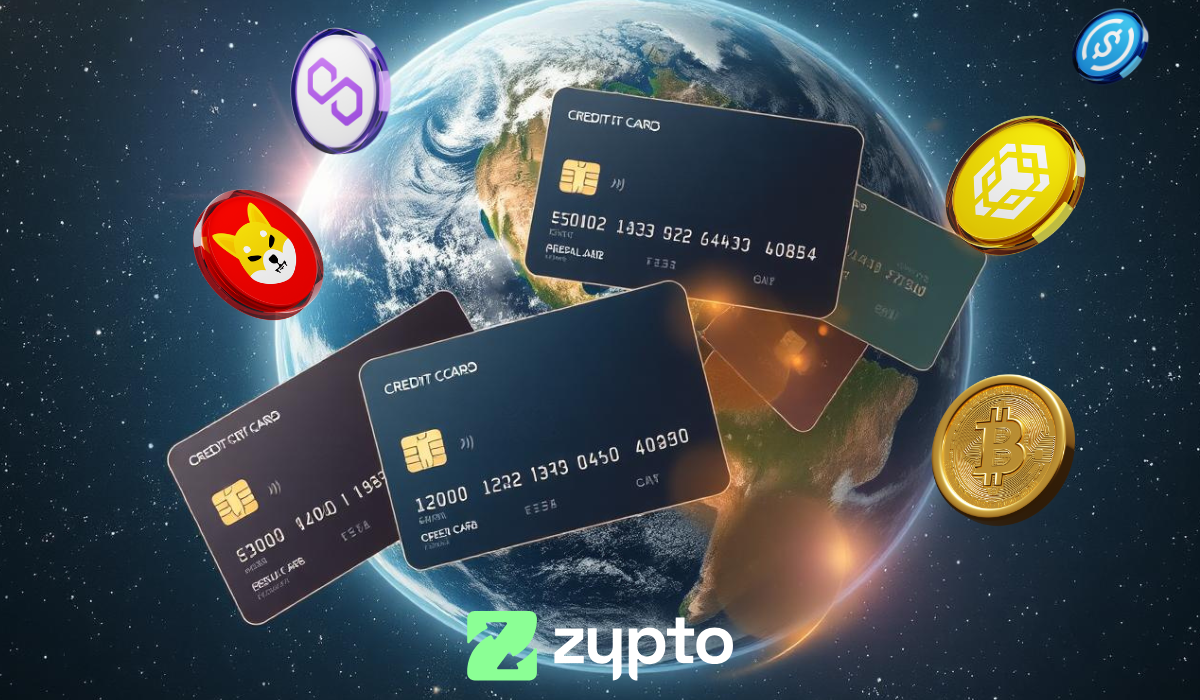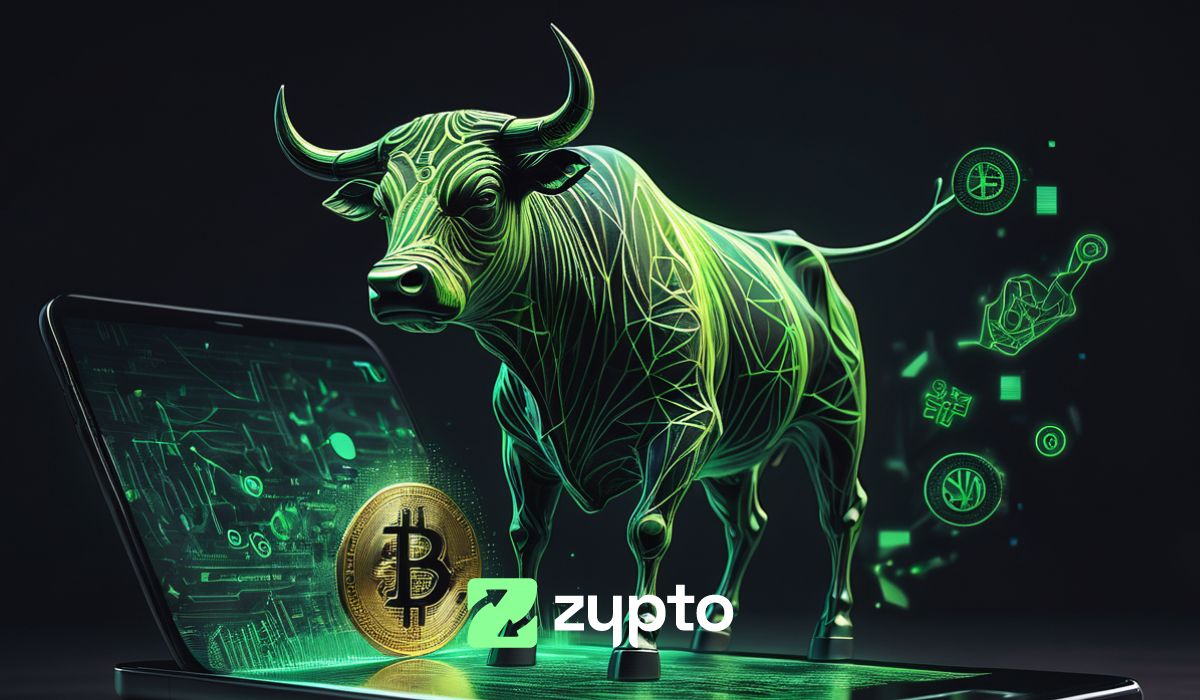First of all, let’s get the dictionary definition out of the way. Let’s focus on the NOUN at first; the holder of an office or post.
We’ll touch on the adjectival sense of “duty or responsibility” in the post’s closing statement.
The Definition of “The Incumbents”
In today’s installment of “what’s on Joe’s mind?”, there is a more specific definition of The Incumbents (capitalised largely for dramatic effect):
The group of people and companies that have been running the payments and financial world in recent decades.
Why Do They Matter?
The institutions, organisations, companies and people that have been holding the reins of the global economy, and in particular the payments industry, hold an inordinate amount of power and influence.
At the end of the day, we all work principally in order to have something to spend. If we can eke out some sense of satisfaction and sense of accomplishment, that’s a nice bonus, but ultimately we make money to spend on things we need or want.
As we enter the mainstream payments space, not just as a new company on the scene, but holding the flag for a new type of money and a more global view of how value should flow, the obvious stance to take is “us against them in an epic David and Goliath battle to the death”. However, Zypto has adopted a rather different stance. This is not about “us and them”, because, at least for the most part, they are us and we are them.
The biggest danger I see right now, if I’m perfectly honest, is that people that are truly in favour of expanding the blockchain economy are becoming increasingly under-represented, even during discussions between (supposed) crypto industry leaders and regulators.
I asked a top executive at crypto.com about which arguments he finds are most effective when speaking to regulators and I was rather shocked by the response. He did not speak to me about any pro-blockchain arguments whatsoever. Instead, he told me that what matters most is WHO is making the arguments, stating that the presence of people that have been hired from within The Incumbents (traditional payments and financial sector companies) make the regulators comfortable enough to open markets to digital assets.
While I do understand this on one hand (social homogeneity is a powerful force), I also find it infuriating. Can we really trust these people to a) represent the crypto community and b) guide regulators in a way that leaves the playing field open to all?
This response immediately strengthened my resolve to be part of these conversations.
On a more positive note, a representative from the blockchain infrastructure company Fireblocks replied to the same question by saying that one should always speak about consumer protection with regulators. I find this heart-warming as it’s a glimmer of hope that the regulators – while clearly being under-educated on digital assets – might at least to some extent have consumers’ best intentions in mind.
Within the crypto community, we know that the behaviour of regulators is often far from positive from a consumer or investor protection perspective, but ignorance is much easier to fix than ill intentions.

Who Are The Incumbents?
When we started out in the world of payments, we had a rough idea of who our competition is. However, the mind bogglingly complex and convoluted fiat payments system has not become much clearer to me over time. No underlying shining gem of logic and reason has been revealed to me. The best word I can think of to describe it is: bonkers.
Governments, central banks, commercial banks, acquirers, processors, card schemes, payment service providers, aggregators, international remittance companies… the list goes on and on and on. The competition is fierce and there are many mouths to feed.
What I never expected at the beginning of this journey – despite this rather going against my life experience thus far – was to discover that The Incumbents are significantly less advanced, organised and evil than one would expect. They, like the rest of us, are largely just figuring things out as they go. They’re often behind schedule on what they definitely know they have to do and they’re not really sure about a large part of what to do next. I find this comforting in a strange kind of way.
Do I mean to say that they’re benign entities just trying to get by and not acting selfishly? No, not at all. In fact, one must always remember that we’re living in a consumerist world and The Incumbents are led by “corporate executive types”. Did you know that the incidence of psychopathy amongst CEOs and high level executives is many times higher than in the general population? The same also appears to be true of politicians. The dog-eat-dog world of politics and multinational corporations understands one thing and one thing only; winning.
What Does This Mean for Zypto and Crypto?
It may not seem like it at first glance, but all this is great news for Zypto and the crypto movement. In order to win, politicians and companies must stay competitive. Blockchain technology is infinitely more efficient than the current system, so there are few possible arguments against it on that side.
There have been many attempts to label crypto as dangerous, as being used mainly by criminals and the like, but this doesn’t hold up under scrutiny. The open, traceable nature of blockchain transactions makes them ideal for identifying bad actors and following their movements. Companies that are dedicated to this area are flourishing and multiplying. Law enforcement agencies are increasingly seeing that blockchain is much more useful to them than the complex web of companies with private centralised ledgers required for fiat transactions to be traced. This article is from 2 years ago and things have advanced A LOT in that time.
Certain agencies in certain countries have been flexing their muscles by labelling cryptocurrencies as “securities” and saying that this means “normal people” aren’t allowed to issue or use them, but that avenue seems to more or less be reaching a dead end also. There is broad speculation that the SEC in the USA has executed such an abrupt 180º turn on Ethereum ETFs and its investigation into Ethereum 2.0 for political reasons, i.e. they were instructed not to stand in the way in order to carry favour with voters. You see where this is going?
If resistance to cryptocurrencies and decentralisation were for ideological reasons, changing things would be much harder. If it’s just about trying to hold onto power and being competitive, blockchain is inevitable.
Categories of Incumbents
Let’s do an extremely short run down of some of the kinds of incumbent organisations we are dealing with as champions for mass adoption of crypto payments, and ultimately trying to work with as we try to contribute to a shift towards a less bonkers system:
Governments
Who doesn’t like a bit of government and politician bashing? I know I do! However, I’ll kick this brief overview section off by saying something very important; they’re not all bad people and most of them are just doing their jobs in order to earn money to pay for stuff, just like the rest of us.
Governments hold a lot of power, but ultimately they work for us (at least in theory). We do tend to forget this, but they are nothing without public support. Therefore, they can be influenced and led where we collectively want them to go. Little by little.
Our leverage with governments lies in: providing ways to increase efficiencies to save costs, project an image of being forward-thinking, gaining votes amongst younger voters, creating new jobs and allowing wealth to flow into the local economy from the global blockchain economy. Pretty compelling arguments, right?
Central Banks
In general, there are few entities that I find shadier on this planet than central banks. But even in this category, there are glimmers of hope. I know for a fact that there are central banks around the world that have realised that the fiat printing model is coming to an end. Some of them are even open to talk about how they can use blockchain technology to gain liquidity, efficiency and sustainability for their economies and their citizens.
If you’re fed up with your local currency’s central bank’s inflationary policies, then speak up! This is especially true if you live in a small or developing country. I predict that multiple Crypto Paradise countries will spring up around the world over the coming few years; countries that embrace the blockchain economy and grow much more prosperous than they are now or compared to their neighbouring countries.
Commercial Banks
The ultimate consumerist fiat-economy business. What do they want? To make money. How will they do it? Any way they can. It really is as simple as that.
Commercial banks are most individuals’ point of contact with money. They are still viewed as holding and keeping people’s money safe. They provide infrastructure in terms of branches with human beings in them to answer questions and ATMs (that still have a few years to live), brand familiarity and, most importantly of all, people trust them.
How can we work with them? Provide them with more ways to make money. Simple.

Card Schemes
One of the great money-generating business models of the last century, card schemes essentially maintain databases of transactions and sell this service to merchants, banks and individuals.
If you look at what a card scheme’s system does and what blockchain payments do, it’s not hard to see that they’re practically identical at their core.
Card schemes make a LOT of money from the crypto industry. Mainly from on and off-ramping as they hold a near-monopoly over people’s day-to-day payments. However, they are aware that sooner or later the general public will realise that this is more a habit than anything else… and this is why they’re so open to exploring alternative avenues in order to ensure they can hold onto their businesses.
Open-banking also threatens the card schemes, so they’ll be wise to move quickly.
The card schemes’ merchant and POS networks are immense, hence the importance of collaborating with them to make the addition of crypto payments smooth and convenient for users.
International Remittance
The blockchain is truly global; accessible from anywhere with an internet connection. So, how can remittance firms stay relevant?
This is not something that has escaped their attention.
As with some of the other Incumbents mentioned above, the value of international remittance companies lies in their experience, the trust they generate in users’ minds and their infrastructure.
In fact, the mission of international remittance firms to facilitate the free movement of funds around the world aligns beautifully with the core principles of the blockchain economy. As I’ve discussed in the past, much of the world is unbanked or under-banked. Remittance companies have long been the go-to way for such people to send money and are therefore great companies for us to work with.
Payment Processors / Gateways
You fill up your shopping cart online, you go to check out and you’re given a choice of card, PayPal, this, that or the other.
Zypto Pay – either directly or through white labelling – very simply aims to make sure there’s a “Pay with Crypto” button on every one of those checkout flows. The opportunities for partnerships are immense.
Big Crypto
The crypto industry is big enough and old enough now that it has its own Incumbents. On and off-ramps, centralised exchanges and such have grown into multi billion dollar behemoths. As with any large company, this has made them slow and it also turns out that not much headway has been made by them in terms of taking crypto payments mainstream. It’s not their core business and, therefore, it plays second fiddle to their cash cow business units.
Interestingly, the Fiat and Crypto Incumbents ARE working together, but mainly it’s the fiat side selling services to the crypto side so they can accept fiat payments and not the other way round.
This is great news for us, of course. Our already-announced partnership with Gate.io, and others that are yet to be announced, show the scope that exists for Zypto to take the lead and take the rest of the industry with us as we strive to make paying with digital assets as convenient as it can be.
Are You an Incumbent?
A large part of the reason I decided to write this particular post is due to a comment made by a senior person at Hedera, whose name I would rather not mention… Unless he reads this and figures it out, in which case, I’d be delighted to live stream a conversation on the subject if he wants 😉
As part of a panel discussion at an event hosted by Hedera and 2 other companies, he addressed the audience and said something like:
“People do like to criticise The Incumbents, but… all of you are incumbents! Think about it… you all want to keep using your credit cards, earning loyalty points. You don’t want to have to learn complex new systems or give up on your airmiles, do you?… Huh?!“
On one hand, I found the comment interesting. It’s absolutely true that it’s not logical to expect people to learn complex new things in order for them to pay for stuff. Of course people like to have things like cashback and points. Why wouldn’t they? This is why we’re working so hard to provide analogous ease-of-use and rewards systems in our offerings (ZYPs, anyone?!).
However, that doesn’t mean that people are somehow emotionally attached to their banks, to their bits of plastic with NFC chips and magnetic strips or anything of the sort. People simply enjoy convenience.
So, I ask you: Are you “an incumbent” in the sense that you would rather forgo a shift towards a more decentralised global economy and payments infrastructure if it means moving away from those of The Incumbents that refuse to evolve?
If Zypto or other new-wave payments companies can provide a similarly attractive and convenient selection of products and services, but more focused on a global near-borderless experience, would you not prefer it?
What is Incumbent on The Incumbents?
The main point of this post is to walk through the logical inevitability of mass crypto and blockchain due to market pressures, however I’d also like to mention that The Incumbents have moral responsibilities. As an optimist, I do believe that at least some politicians and executives can be swayed in this way.
Doing what’s best for one’s citizens, customers, employees and the environment may not always provide the greatest gains in terms of profits, market share or votes, but it certainly does help one to sleep more soundly.
The inflationary fiat bubble is fit to burst. I don’t think too many people really believe that we can carry on much longer on the current trajectory.
The current payments system could be made vastly more efficient by working with the blockchain sector, leading to lower costs and ultimately more wealth staying in the hands of businesses of all sizes and individual workers.
Decentralisation of money leads to the decentralisation of power. A more egalitarian society leads to people leading happier, healthier and more productive lives, which in turn leads to sustainable economic, cultural and individual growth.
So, for once, we find ourselves with a win-win situation. I’m delighted to say that our process of creating partnerships with The Incumbents has already begun.
I’m excited to be contributing towards what I can only describe as progress.






























Well said! Some enlightening blockchain technology i nformation to be found here. Blockchain technology is emerging as a clear winner in the tug of war between fiat payments industry and the crypto payments industry.